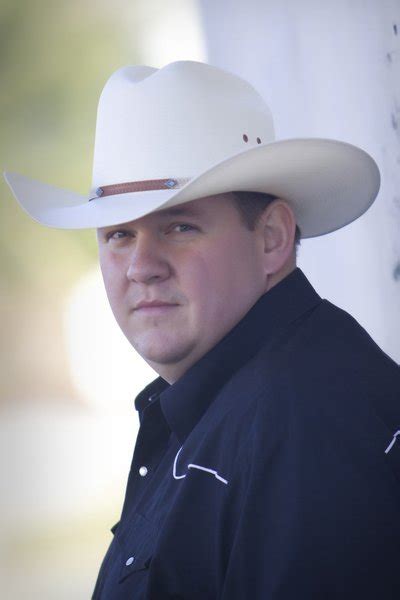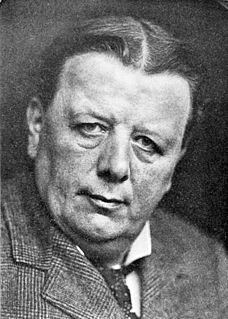A Quote by Bertrand Russell
The question of "unreality"is a very important one. Misled by grammar, the great majority of those logicians who have dealt with this question have dealt with it on mistaken lines. They have regarded grammatical form as a surer guide in analysis than, in fact, it is. And they have not known what differences in grammatical form are important.
Related Quotes
A dialogue is very important. It is a form of communication in which question and answer continue till a question is left without an answer. Thus the question is suspended between the two persons involved in this answer and question. It is like a bud with untouched blossoms . . . If the question is left totally untouched by thought, it then has its own answer because the questioner and answerer, as persons, have disappeared. This is a form of dialogue in which investigation reaches a certain point of intensity and depth, which then has a quality that thought can never reach.
If I'm a CEO and I say, 'Misogyny will not be tolerated', that's a more powerful statement than 'It is my sincere hope and our intention to eradicate misogyny from this company'. Sometimes saying things in that more categorical form, has a real function. Although, if you dig beneath it, it is actually one of J.L. Austin's illocutionary acts; you're trying to make something happen rather than describing something already happened. The fact that it has the grammatical form of a description is fine.
The most interesting characteristic of the cube is that it is relatively uninteresting. Compared to any other three-dimensional form, the cube lacks any aggressive force, implies no motion, and is least emotive. Therefore, it is the best form to use as a basic unit for any more elaborate function, the grammatical device from which the work may proceed.
Let me just acknowlege that the function of grammar is to make language as efficent and clear and transparent as possible. But if we’re all constantly correcting each other’s grammar and being really snotty about it, then people stop talking because they start to be petrified that they’re going to make some sort of terrible grammatical error and that’s precisely the opposite of what grammar is supposed to do, which is to facilitate clear communication.
The chemical differences among various species and genera of animals and plants are certainly as significant for the history of their origins as the differences in form. If we could define clearly the differences in molecular constitution and functions of different kinds of organisms, there would be possible a more illuminating and deeper understanding of question of the evolutionary reactions of organisms than could ever be expected from morphological considerations.
Regarded anatomically, the resemblances between the foot of Man and the foot of the Gorilla are far more striking and important than the differences... be the differences between the hand and foot of Man and those of the Gorilla what they may the differences between those of the Gorilla and those of the lower Apes are much greater.
It seems to me that the novel is very much alive as a form. Without any question, every epoch has its own forms, and the novel nowadays cannot resemble that of the nineteenth century. In this domain all experiments are justified, and it is better to write something new clumsily than to repeat the old brilliantly. In the nineteenth century, novels dealt with the fate of a person or of a family; this was linked to life in that period. In our time the destinies of people are interwoven. Whether man recognizes it or not, his fate is much more linked to that of many other people than it used to be.
Plays are literature: the word, the idea. Film is much more like the form in which we dream - in action and images (Television is furniture). I think a great play can only be a play. It fits the stage better than it fits the screen. Some stories insist on being film, can't be contained on stage. In the end, all writing serves to answer the same question: Why are we alive? And the form the question takes - play, film, novel - is dictated, I suppose, by whether its story is driven by character or place.



































